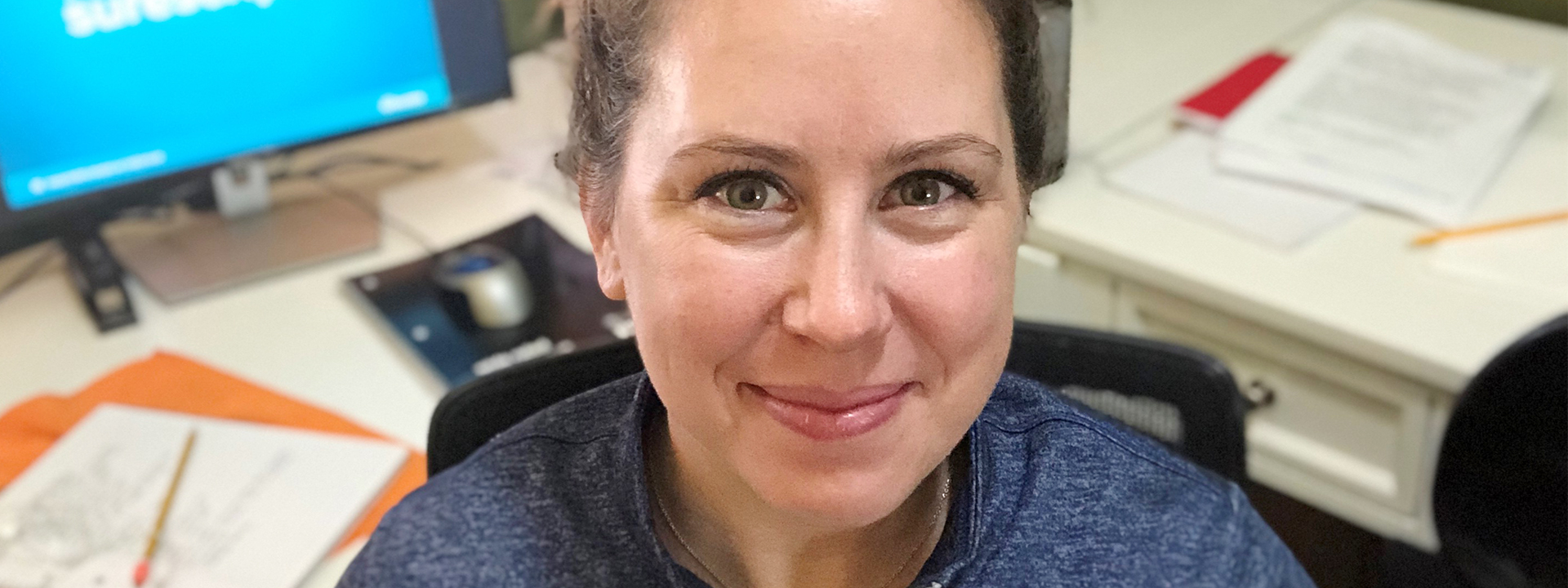Specialty medications treat challenging chronic conditions such as cancer, multiple sclerosis and rheumatoid arthritis. Some specialty medications improve the quality of lives, some save lives. So why are patients waiting an average of four days — and up to 10 — to get their critical prescriptions filled?
That’s one of the challenges we wanted to understand when we commissioned a survey of 414 specialty pharmacists.
Ultimately, specialty pharmacists said the current manual fulfillment process slows things down significantly, which means patients are waiting to receive their therapy. More specifically, we found that:
Filling specialty prescriptions takes extra time and effort. Patient enrollment, prior authorization, and pursuing clinical information all add up. Indeed, of those surveyed, half said it takes an average of four days to fill from the time the prescription is received. Also, wait times of 7–10 days aren’t uncommon.
Administrative work interferes with patient care. The specialty prescription process is complex, but for many specialty pharmacists (69%) administrative tasks interfere with providing patient care. In addition, 40% of respondents said the current manual specialty prescription process is so burdensome that it makes them feel more like an admin than a pharmacist.
Prior authorization tops the list of stressors and delays. Other causes? Fielding phone calls and verifying information with clinicians’ offices. A task uniquely tied to specialty pharmacists is coordinating financial assistance. While it’s something that allows them to significantly help patients, doing so contributes to their already long list of tasks, and can cause delays.
More complete and streamlined communications could make a major impact. On average, 39% of respondents said they have to reach out to clinicians for more information at least five times a day. It’s no surprise, then, that 86% of pharmacists say getting more complete information from clinicians would improve patient care, and 56% think streamlined communication—specifically, secure messaging within their workflow—would improve the fulfillment process.
All this to say that, there has to be a better — and faster — way. The manual process being used in the absence of technology is ineffective and inefficient. It keeps patients from the medications they need, and it keeps specialty pharmacists away from what they love most about their work: the patients.


 Dean Riggott Photography
Surescripts
Dean Riggott Photography
Surescripts



.jpg)

.jpg)

